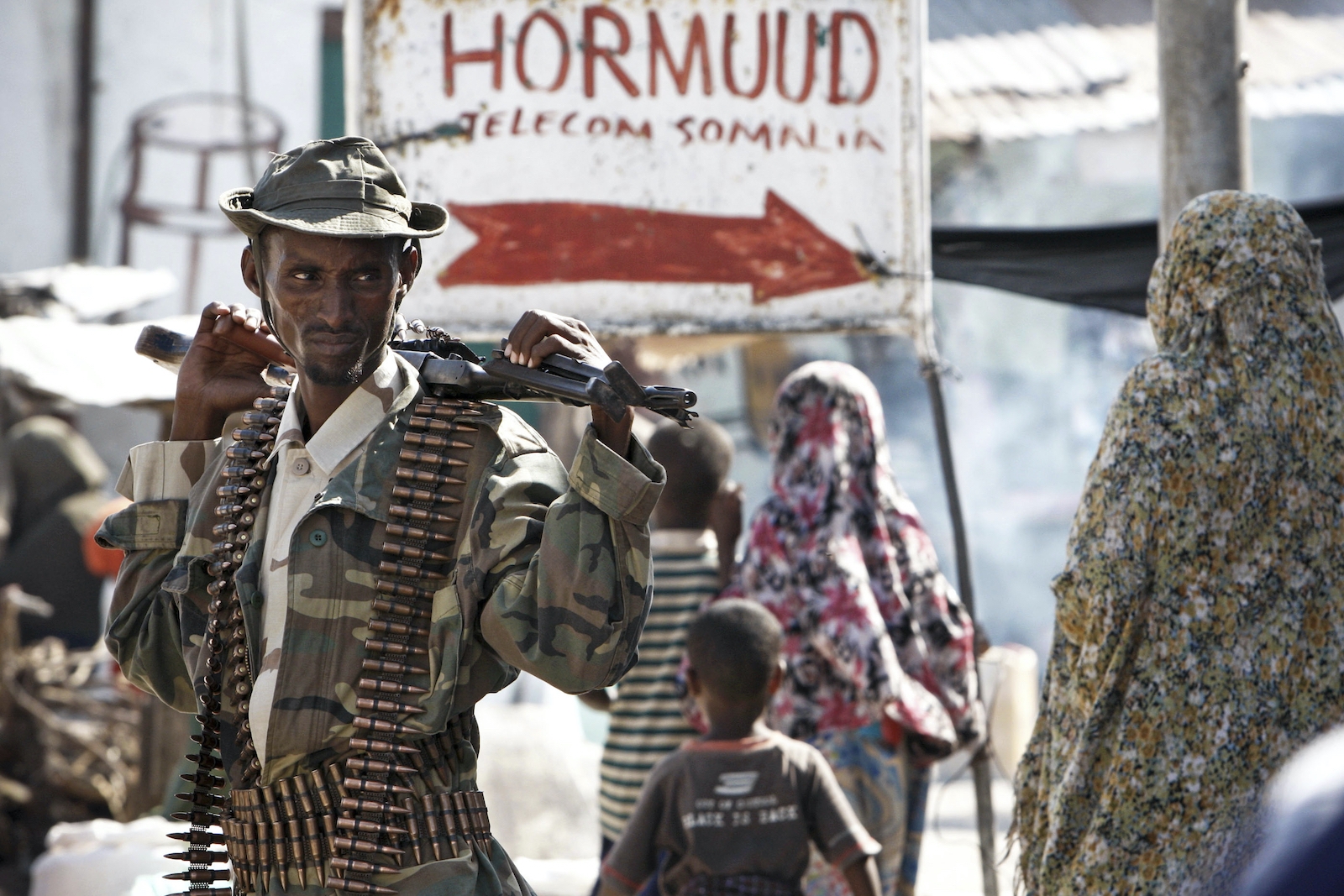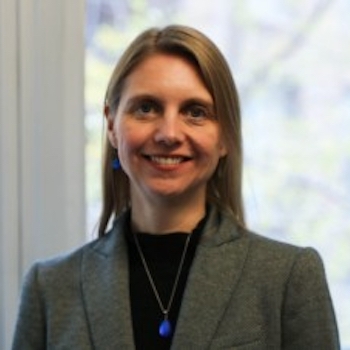
Witness Somalia, a Human Rights Org, Offers an Alternative to Al-Shabaab
In Somalia, al-Shabaab, the terrorist group, is at one of its strongest points, controlling much of southern and central Somali territory, operating a parallel government, and collecting as much taxes as the government. In the last two years, the pandemic layered complexity by exposing the strength, and in some cases, global growth of terrorist groups. When states could not provide critical services such as healthcare, violent extremist groups stepped in to fill this vacuum. Despite Somali political leaders’ efforts to move towards elections, technical issues have caused delays, and armed actors like al-Shabaab launched attacks, which undermined the central government’s authority.
For countries in the Global North, the recent military withdrawal from Afghanistan personifies the retreat of the international community, with Western policy taking an increasingly domestic focus, and leaving security vacuums across countries who must fend for themselves. American missteps in Somalia now require the Biden administration to consider a new approach. The global agenda on counterterrorism has failed to prevent violence, often exacerbating rather than mitigating threats of terrorism. In conflict contexts like Somalia, while a variety of factors contribute to the reasons an individual joins a violent extremist group, 71% of extremists identified government action as a “tipping point” for recruitment. Such action usually included a traumatic event from state security forces, such as arrests and human rights violations.
As Somalis lose trust in their government, and the international community fails to intervene, the growth of terrorist groups like al-Shabaab during the pandemic offers new risks and opportunities for local civil society groups. Women-led peacebuilding organizations work on the front lines of these crises and represent the diverse voices of their communities. Unlike most government-led countering violent extremism (CVE) programs, these organizations are highly localized and successful because they hold the trust of their communities and aim to address some of the key drivers of extremism. They provide positive alternatives to the sense of belonging the violent extremist groups offer, and thereby both prevent people from joining and reintegrate former members back into the community.
One such organization is Witness Somalia, a human rights organization that has reclaimed civic space by promoting the roles of different identity groups, particularly women and youth, in preventing violent extremism. In a culture that has marginalized women from public life and enforced traditional gender roles, Witness Somalia recognizes how these experiences could both lead to women’s recruitment by al-Shabaab and position them with specific knowledge and skills which enable them to counter violent extremism. Witness Somalia broke the taboo surrounding this issue by offering women and youth the opportunity to discuss its impact and what role they could play as civil society leaders to promote peace.
They convened local police with women and youth from the community to build trust and address the gendered gap in security responses. Given the traditional gender roles, women often spend more time in the home and community and therefore have access to people and information pertaining to security incidents, including violent extremism. Through training in incident reporting and open discussions, Witness Somalia fosters greater collaboration with the police and increased responsibility to enhance security. In addition, Witness Somalia trains youth on how to challenge violent extremism and mobilize to respond to their communities after terrorist attacks. To reach the public, Witness Somalia launched a radio program to discuss gender equality, women’s rights, and their role in peacebuilding.
Finally, Witness Somalia has engaged with religious leaders and artists to offer a safe space for expression and dialogue about violent extremism and support to articulate a different vision for society. They trained a small group of artists in advocacy, freedom of expression, and the intersection of the arts and peacebuilding. In a traditional context, in which women are barred from entering the male-dominated profession of art and some interpretations of Islam prohibit representation, women artists break barriers by promoting peace and reconciliation. The public display of artwork also fosters healing and reconciliation in a society which has faced so much destruction and trauma from violent extremism. Such opportunities for self-expression, personal and community development, and public dialogue interrupt cycles of violence and provide alternative routes for sustainable peace.
Claiming civic space by organizing groups and networks of people with various identities and affected by violent extremism in different ways is an effective strategy for prevention. Through an intersectional approach, Witness Somalia recognizes the unique experiences of different groups, such as internally displaced persons or people from marginalized clans, in terms of the impact of violent extremism and how that contributes to holistic prevention. With adequate protection measures, the solidarity within such groups encourages individuals to reclaim their agency, often by speaking out against violent extremism and becoming agents for change and peace. Interaction among these groups helps create a safe space to address conflicts and build social cohesion. By taking a grassroots, inclusive approach, Witness Somalia sows the seeds for sustainable change and transformation of their society.

